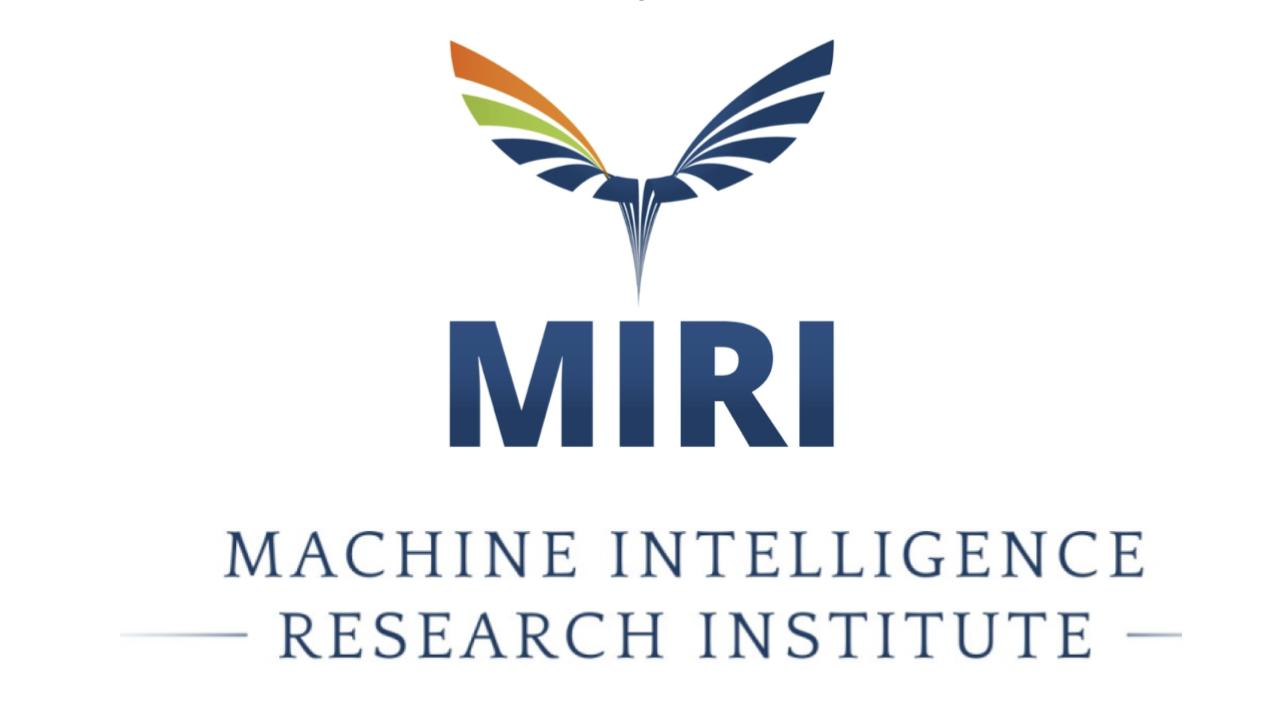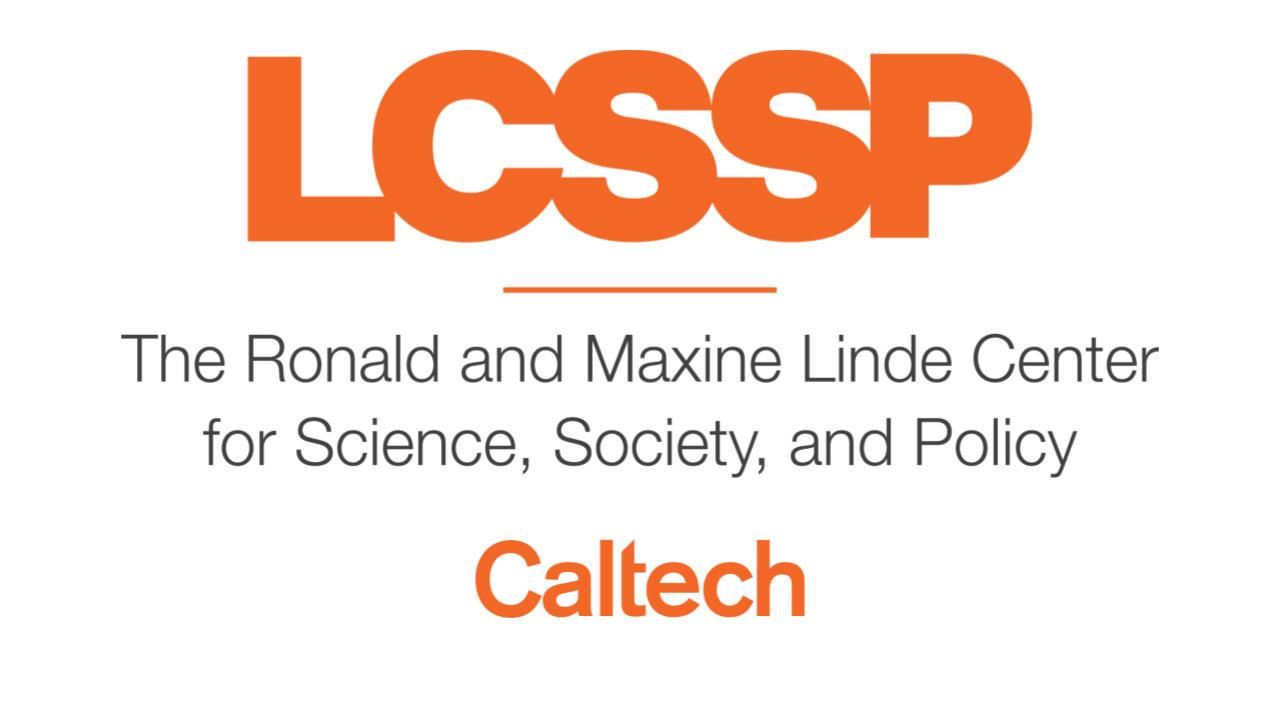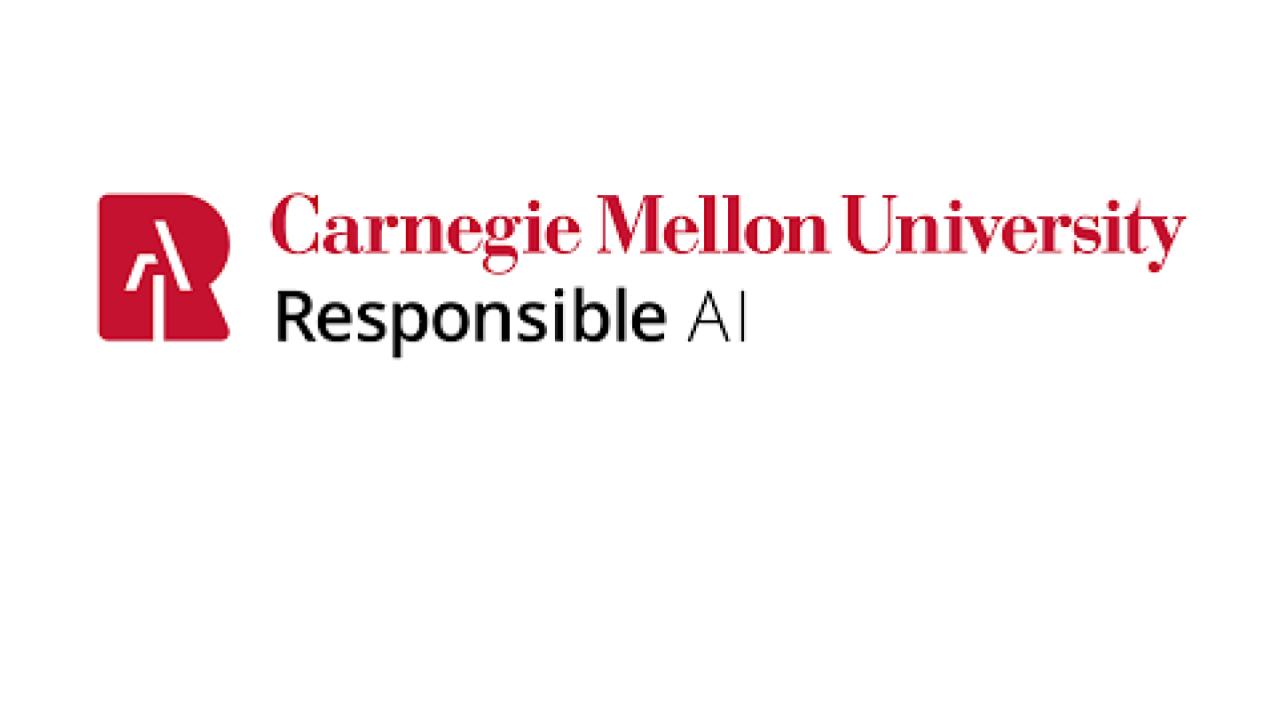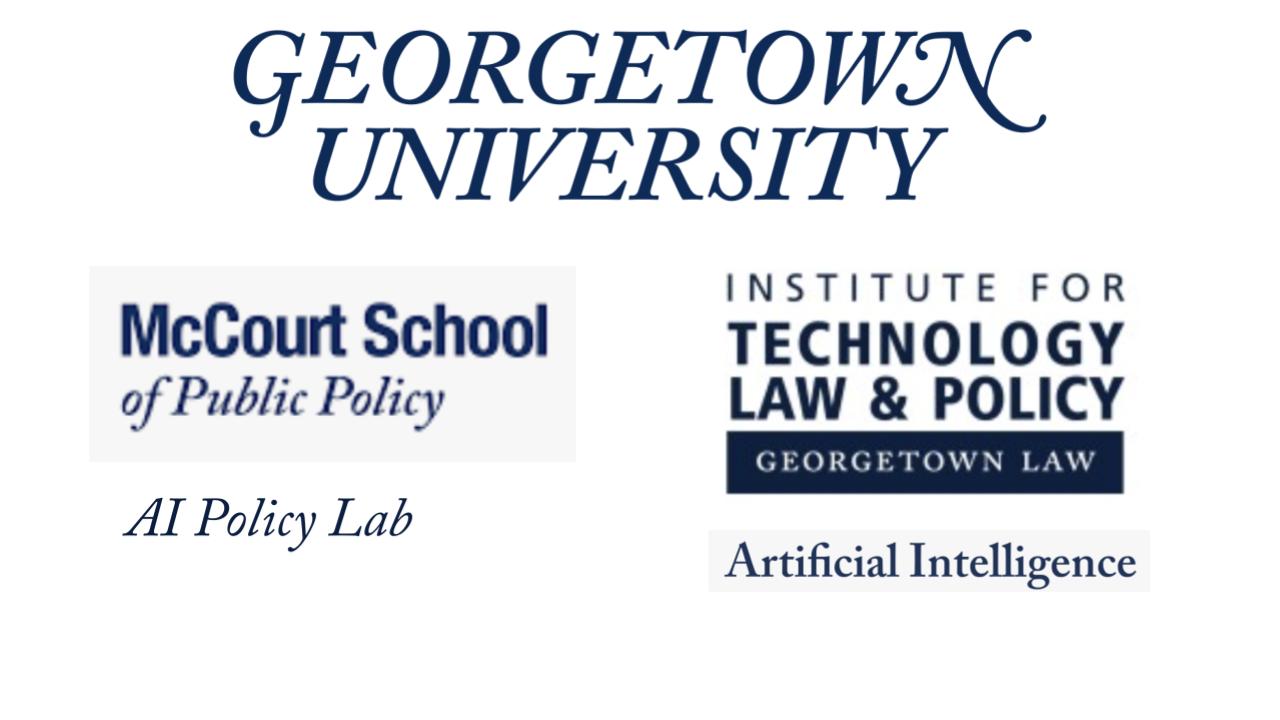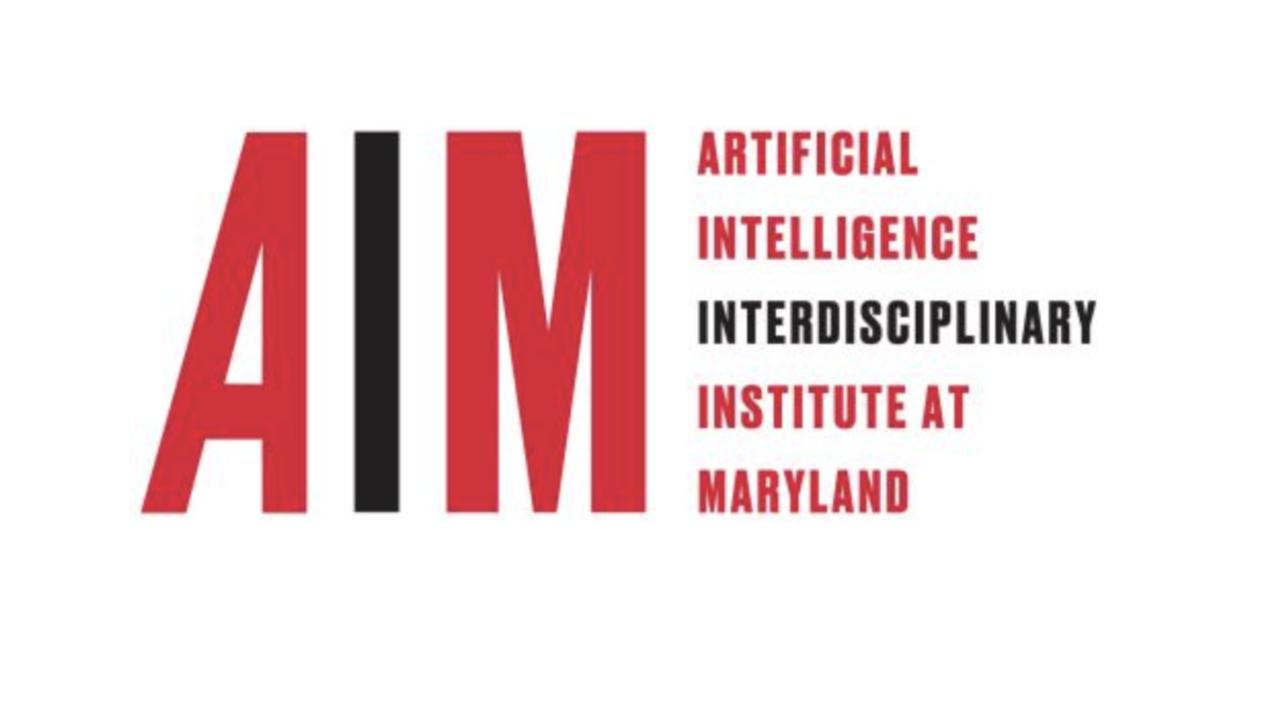Vision
The Institute of Digital InnovAtion (IDIA) is George Mason University’s commitment to inclusively shaping the future of our digital society, promoting well-being, security, and prosperity.
IDIA is a sector leader that provides transdisciplinary research, innovation, and next-generation workforce development strategy across the university for scaled, sustainable growth in digital innovation, leverages synergies, strengthening the innovation ecosystem and growing capacities for transdisciplinary research, scholarship, and innovation, supports placemaking, instigating and building research and innovation communities around places and activating and supporting a culture of transdisciplinary research and shared research infrastructure, and amplifies the visibility and awareness of George Mason University as a globally recognized leader for its world-class research, innovation, and economic impact activities, as well as its next-generation students and scholars.
Source: Website
George Mason University Television – 09/06/2023 (03:17)
https://www.youtube.com/watch?v=ORSiNo8WeWE
Researchers, innovators, and scholars in George Mason’s Institute for Digital InnovAtion (IDIA) engage in cutting edge work to shape the future of our digital society, promoting equality, well-being, security, and prosperity. More than three hundred Mason faculty and their research staff and students are working across three themes:
Technologies: Inventing new algorithms, digital techniques and technologies
Systems: Developing and deploying computing systems to advance fields as diverse as finance, education, built infrastructure, science, economics, agriculture, health, transportation, entertainment, national security, and social justice Digital Society: Engaging in critical reflection that examines the implications of digital innovation to ensure that innovators are sensitive to designing and innovating responsibly, and that key stakeholders – including users, innovators, policy-makers and the public at large – are informed about technology’s social, ethical, political, and economic impacts
OnAir Post: Institute for Digital Innovation (IDIA)

